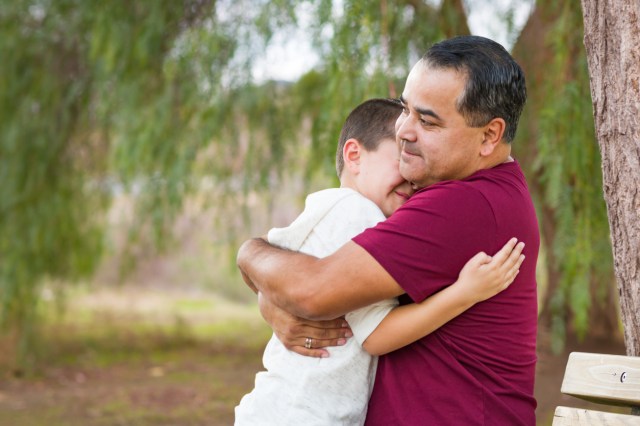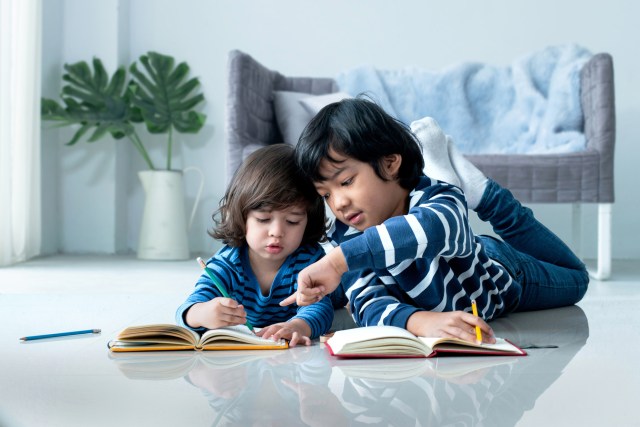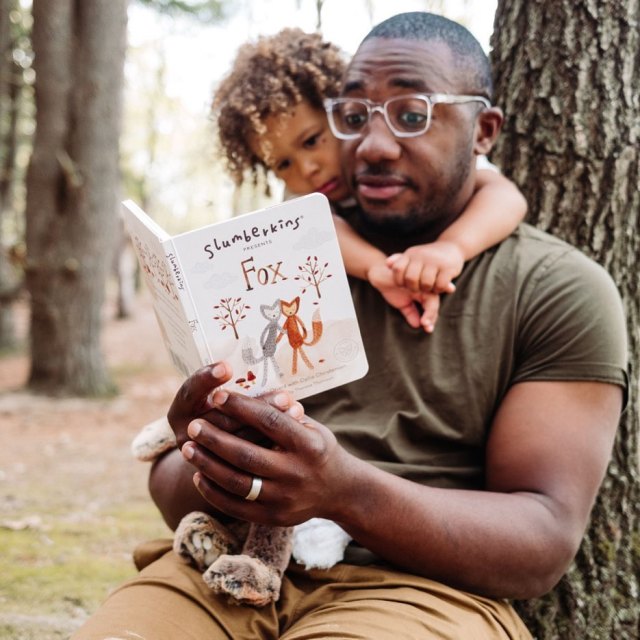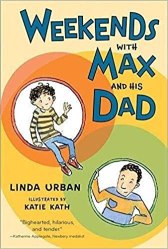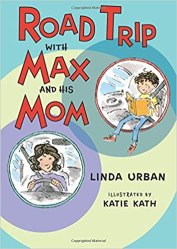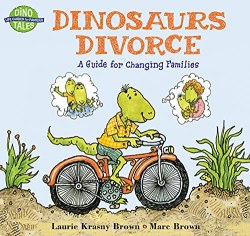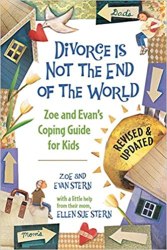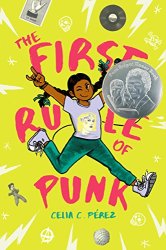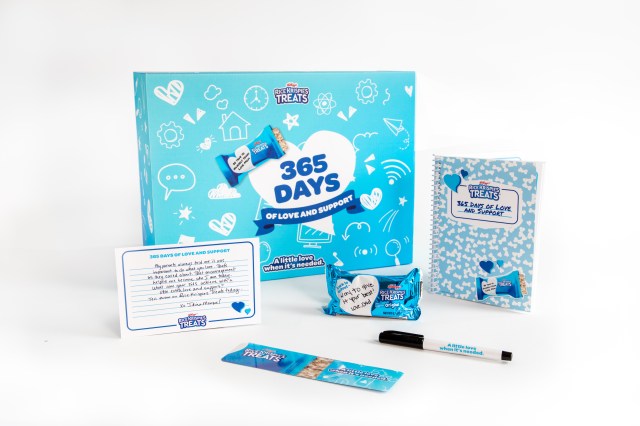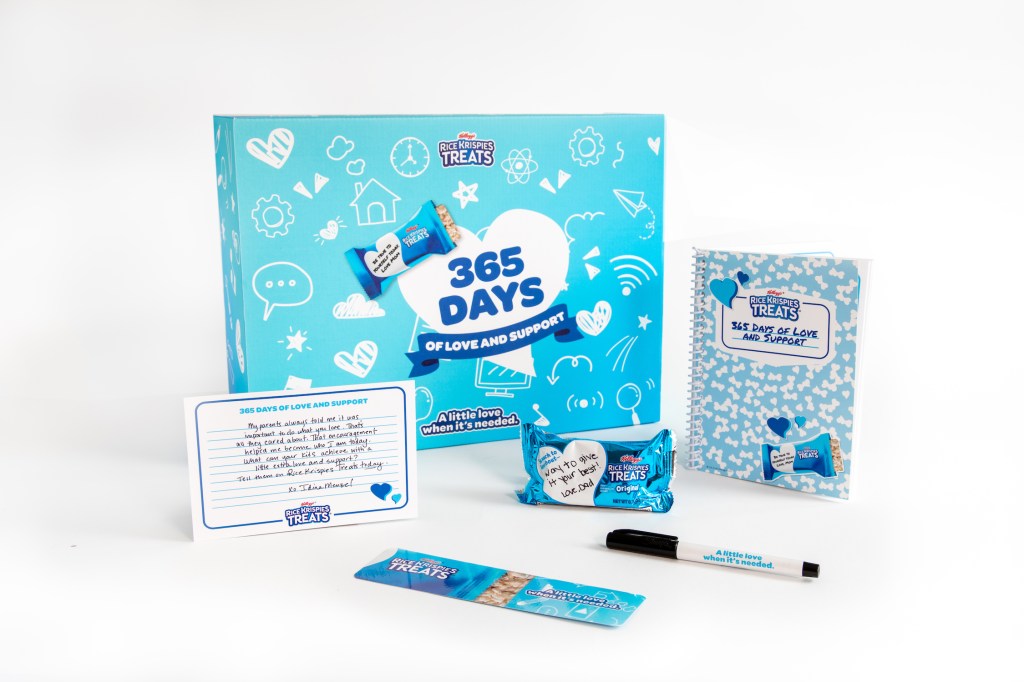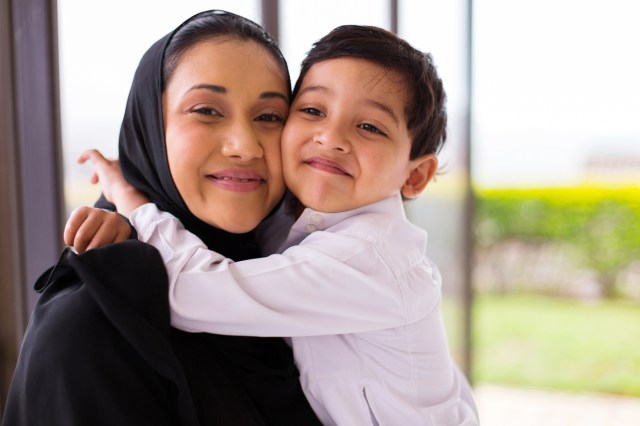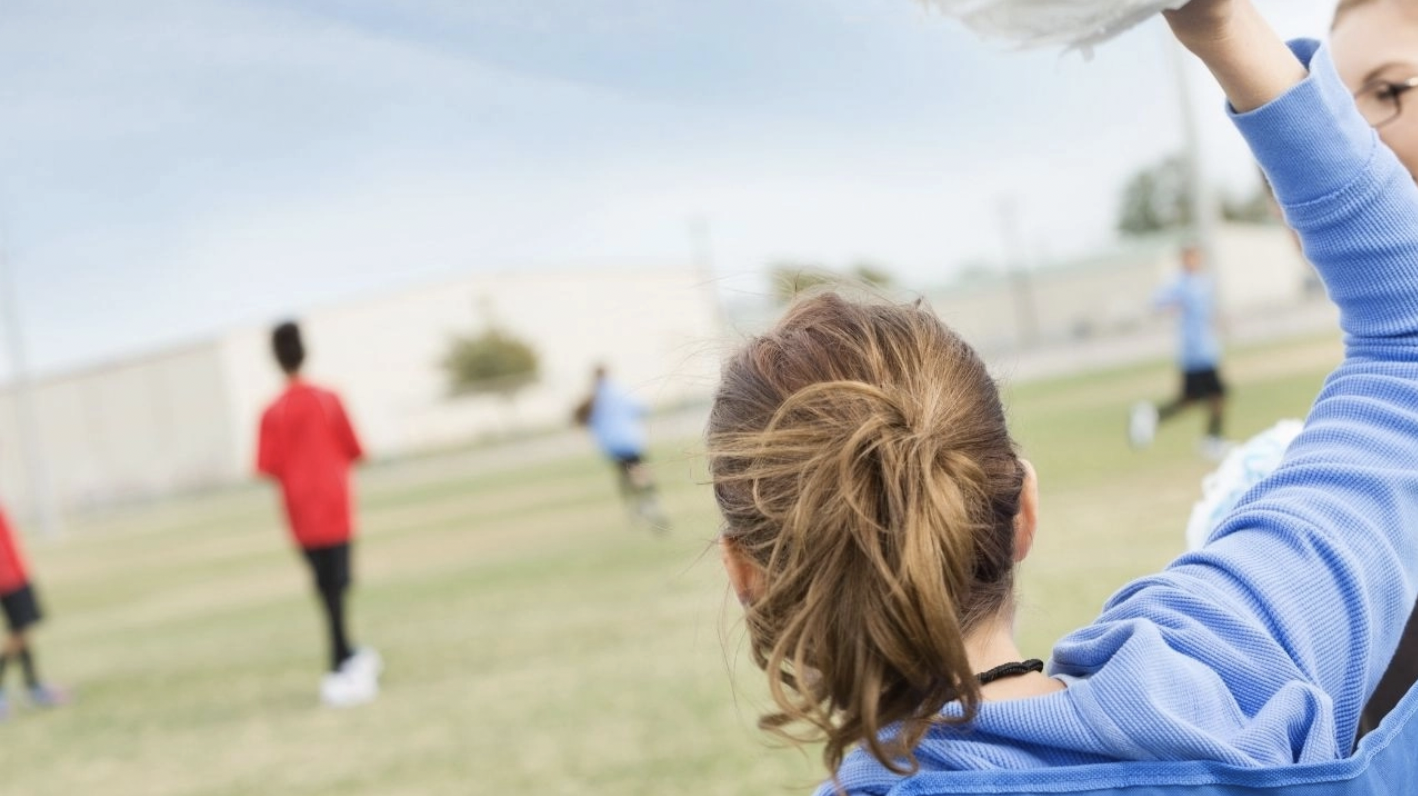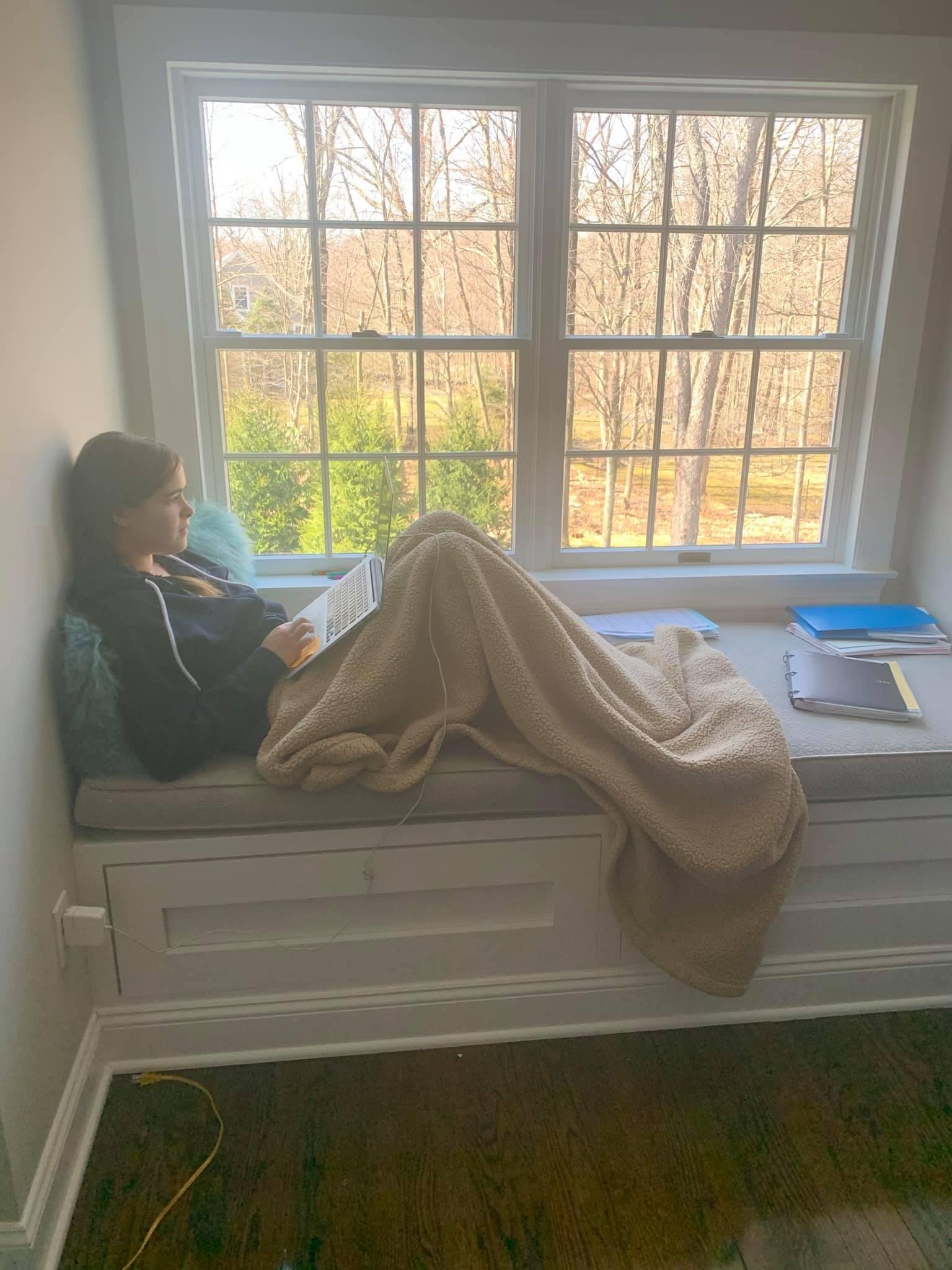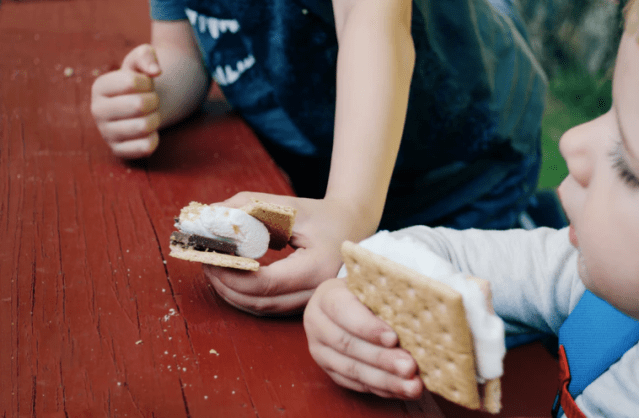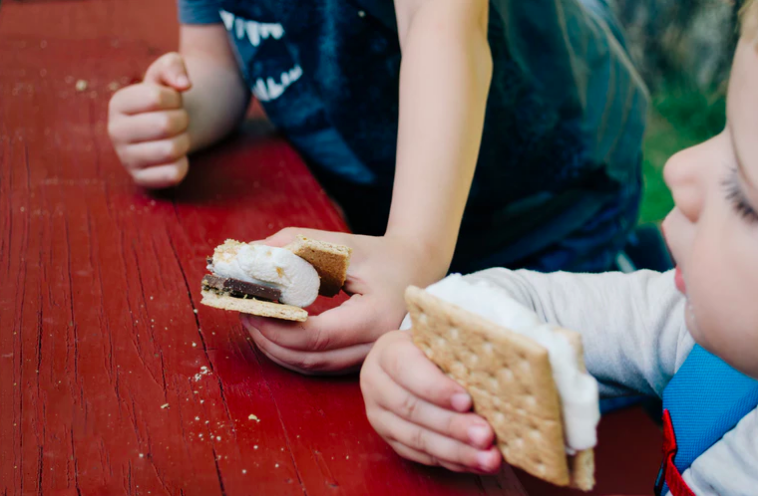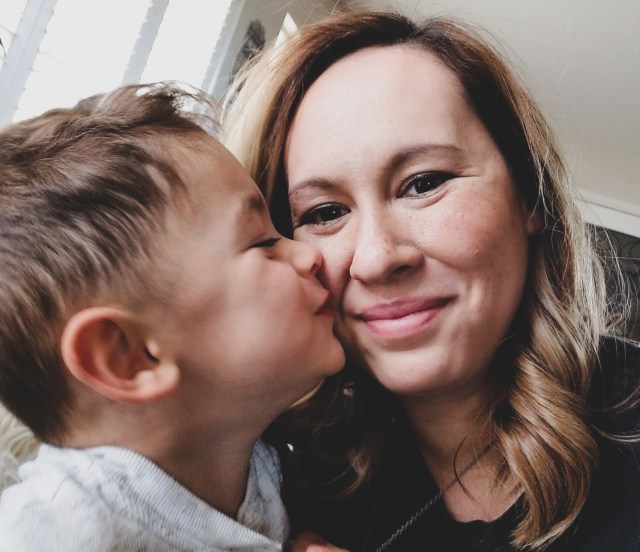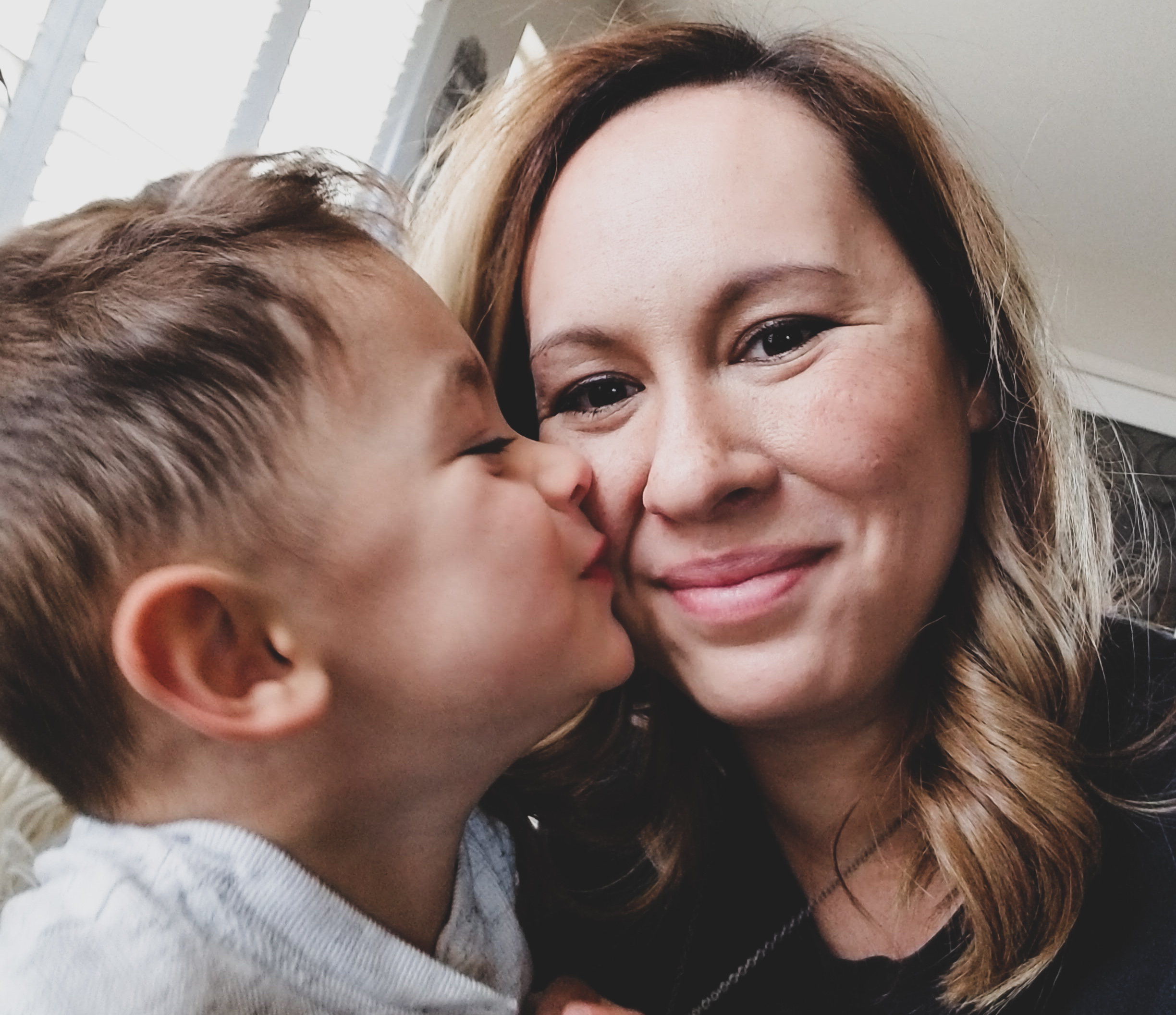Simple things like “let’s count to 20 together” really work
While occasional anxiety and nervousness are perfectly normal feelings for many kids—especially in reaction to new or unfamiliar situations—some may experience persistent or extreme forms of fear or sadness. One in four children will experience anxiety disorders in their lifetime, according to the National Institute of Mental Health. Additionally, the Centers for Disease Control and Prevention has reported that anxiety and depression among kids ages three to 17 have increased over time. How can parents help? We can get them to express their worries by using phrases that’ll help calm an anxious child in various situations.
What to Say When They Have School Anxiety
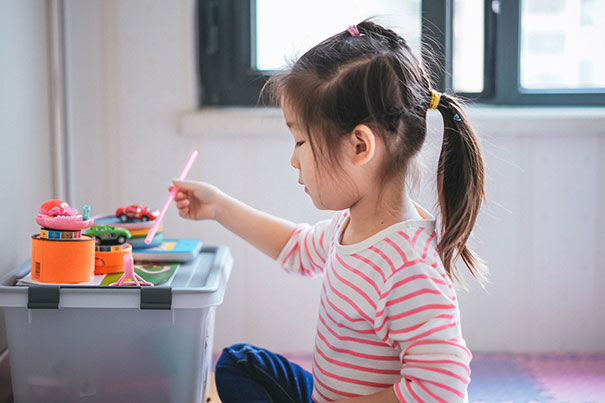
School-related anxiety is so common in children that it often masquerades as other ailments. Whether your child suddenly complains of a headache or an upset stomach just before going to school or starts to act out at the mention of homework, there’s a good chance they're likely experiencing school anxiety. Here’s what you can say to help:
“Remind me what your favorite subjects or activities at school are.”
By redirecting your child’s attention to things that they care about at school—like favorite subjects and school activities—they can focus on the positives instead of worrying about the bad stuff.
“Let’s take a few deep breaths together.”
Modeling calming behaviors will show your child that there are better ways to regulate their emotions than acting out.
“What are you most looking forward to learning at school?”
Similar to asking about the things they enjoy at school, encouraging your child to anticipate all of the good things in their upcoming day can help to build new habits and associate new feelings about school.
“Have you gone through your checklist for the day?”
It’s useful to develop a checklist to help your child gain a greater sense of control over her daily schedule and activities.
“How can I help you feel better?”
By offering your support, your child will know that you recognize their school anxiety is real and that you are there to help.
What to Say When They Have Crowd Anxiety
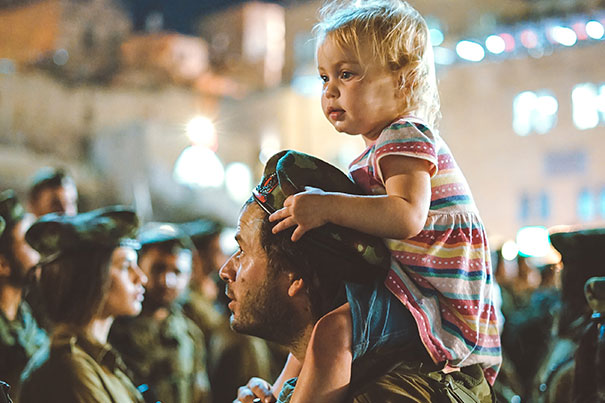
Fear of the unknown can trigger anxiety in people of all ages, but for children especially, the experience of being in large unfamiliar crowds can be overwhelming. Whether it’s at an airport or a sports stadium, being little among a group of strangers can induce anxiety. Here are a few things to tell your crowd-nervous kid:
“I’m right here with you. You are safe.”
Reassuring your anxious child that they are safe with you will go a long way to allay their fears, whether they are real or imagined.
“Let’s count to 20 together.”
Offer up different coping skills to your child, such as taking a moment to calm down.
“Many things are going on, but focus only on what’s in front of you.”
An overwhelmed child may experience sensory overload, so encouraging them to focus on something small may help to block out external distractions.
“I know this can feel scary.”
Validating your nervous child’s concerns will let them know you care and are listening to them.
“Everything is OK, this moment will pass.”
Remind your child that their feelings are real, but the scary moment is temporary and eventually will pass.
What to Say When They Have New Experiences Anxiety
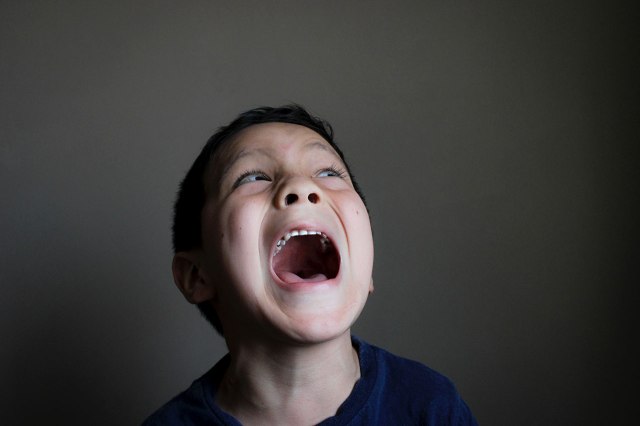
Trying something new for the first time often requires a leap of faith, which either can be thrillingly fun or can stir butterflies in the pit of your stomach. An anxious child may be prone to over-thinking how a new experience will play out. Here are some statements to help your kid get through something new:
“Tell me what you think will happen next.”
Anxiety about new experiences is often correlated with feeling a loss of control. Encouraging your anxious child to think about what will happen next may help them imagine a situation in which they have greater control.
“Tell me what you’re looking forward to seeing.”
Emphasizing the positive possibilities of a new experience can help your child discover something fun to look forward to.
“The scary part will pass.”
Remind your frightened child that the scary parts of new experiences are temporary and will eventually pass.
“What can we explore together?”
Tell your child that you are in this together.
“You are brave—you got this.”
Offer words of encouragement to help your anxious child recognize the strength they already possess.
What to Say When They Have Performance Anxiety

Whether it’s stage fright or the onset of nerves during sporting activities, kids can sometimes feel overwhelmed when they need to perform. Parents can help guide their children through this kind of anxiety with a few simple words of encouragement:
“It’s OK to be nervous.”
Remind your child that nerves are natural stress responses, and it’s OK to rechannel feelings of nervousness into something that they can control.
“Tell yourself, ‘I can do this!’ ”
Foster your child’s belief that they can do whatever they set their mind to doing.
Make a battle cry for yourself: “I am invincible!”
Creating a battle cry can help to shore up your child’s confidence and encourage them to tap into their inner strengths.
“What’s the worst thing that could happen?”
Encouraging your nervous child to imagine worst-case scenarios may seem counter-intuitive, but allowing them to think through all of the various situations that could occur may help them gain a better understanding of how they would respond in each case.
“Just do your best. I’m already proud of you.”
Assure your anxious child that you support their efforts, regardless of the outcome.
Family Anxiety

Visiting relatives can be difficult for some kids, especially if it’s been a while since their last visit. Children like structure and routine, and when day-to-day routines are broken by visiting relatives, kids who are prone to anxiety may panic. Here’s what to say to them:
“Tell me about how you’re feeling.”
Listen to what your nervous child has to say. Acknowledge their feelings and work with them to learn coping skills that will help them feel better.
“I get anxious sometimes, too.”
Demonstrate that you are empathetic to your child’s feelings by talking about the things that make you anxious.
“What do you need from me?”
Your child may need something as simple as a few words of support or a hug, but asking them what they need at the moment can help assure them that you are responsive to their needs.
“Let’s take a moment for ourselves.”
Don’t be afraid to give your child and yourself a time out from whatever hecticness is occurring with family visits.
“I can’t wait until …”
Talk to your anxious child about what you’re looking forward to, whether it’s spending time with grandma and grandpa or going on a family vacation.







